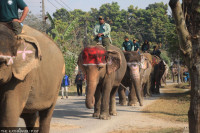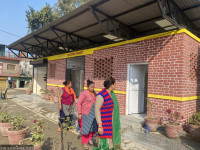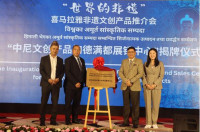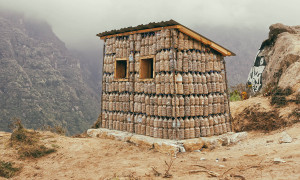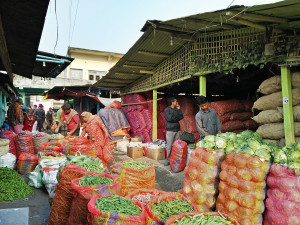Money
Joint project to promote Nepali coffee launched
The Ministry of Commerce and Supply (MoCS) has launched a project in cooperation with the European Union (EU) with the main target of enhancing the production and promotion of Nepali coffee in the international market.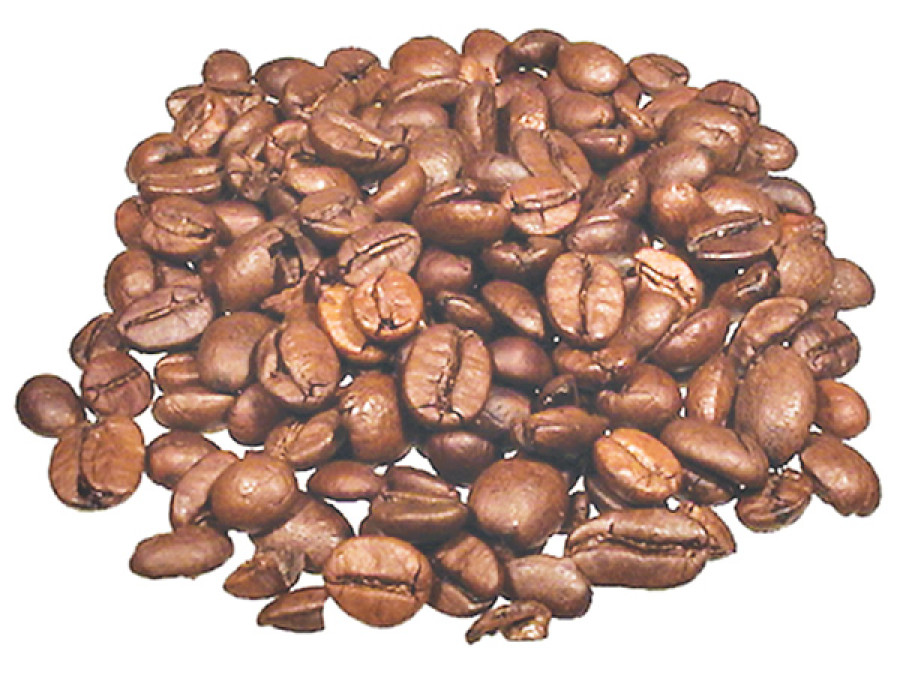
The Ministry of Commerce and Supply (MoCS) has launched a project in cooperation with the European Union (EU) with the main target of enhancing the production and promotion of Nepali coffee in the international market.
The 6 million euro project named Trade and Private Sector Development began on Wednesday. According to the MoCS, the project will focus on upgrading the capacity of the ministry to formulate and implement policies to improve the overall competitiveness of high potential commodities including coffee.
Similarly, it will help strengthen the necessary infrastructure to enable producers and exporters to maintain compliance with the regulatory requirements in the export destination countries. Likewise, it will lend support to develop the coffee value chain to help coffee producers improve their productivity to ensure the quality of the farm product. Inaugurating the project amid a programme, Commerce Minister Sunil Bahadur Thapa expressed
his hope that the project would help increase value addition to domestic products. “Demand for Nepali coffee has been soaring, and the effort will focus on improving the product’s quality, packaging and marketing,” he said.
Nepal produces a mere 300 tonnes of coffee annually compared to the requirement which exceeds 5,000 tonnes. According to Thapa, the project could help improve the competitiveness of Nepali products besides reducing the demand-supply gap.
Nepali coffee, popularly called Himalayan Beans, is grown at altitudes ranging from 800 metres to 1,600 metres. Coffee farming is done in 12 districts of the Central and Western development regions while 41 mid-hill districts have been identified as having a high potential for coffee production.
Gulmi, Palpa, Arghakhan-chi, Lalitpur, Tanahu, Kavre, Sindhupalchok, Lamjung, Kaski, Gorkha, Syangja, Parbat and Baglung are the major coffee producing districts. Nepal exports about 65 percent of its total coffee output. The country started exporting coffee commercially in 2000 with a shipment of 9 tonnes. In 2008-09, it exported 88 tonnes of coffee worth Rs790 million. Japan, the US, Dubai, South Korea and the EU are the main importers of Nepali coffee.
Speaking at the programme, EU Ambassador to Nepal Rensje Teerink said demand for Nepali coffee was high in the European market. “Provided the country increases the quality of the product, the sector could play an important role in generating employment opportunities and helping in poverty alleviation,” said Teerink.
Likewise, Dhakeshwor Ghimire, former president of the Federation of Coffee Producers Association, said lack of organised efforts, lack of technical manpower and poor initiation for producing organic coffee had been slowing the sector’s development.
Participants also stressed the need for government support, coordination among government agencies and enhancement of quality products to boost exports of Nepali coffee.




 19.12°C Kathmandu
19.12°C Kathmandu
